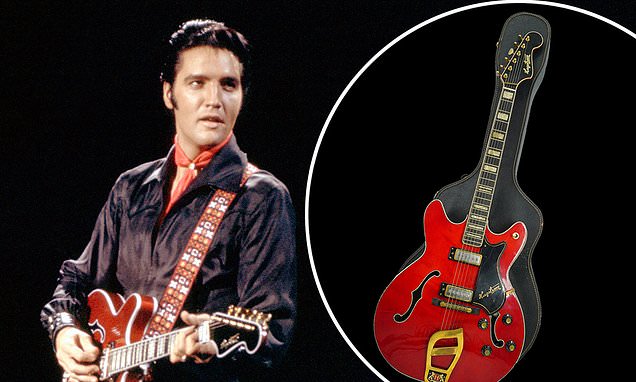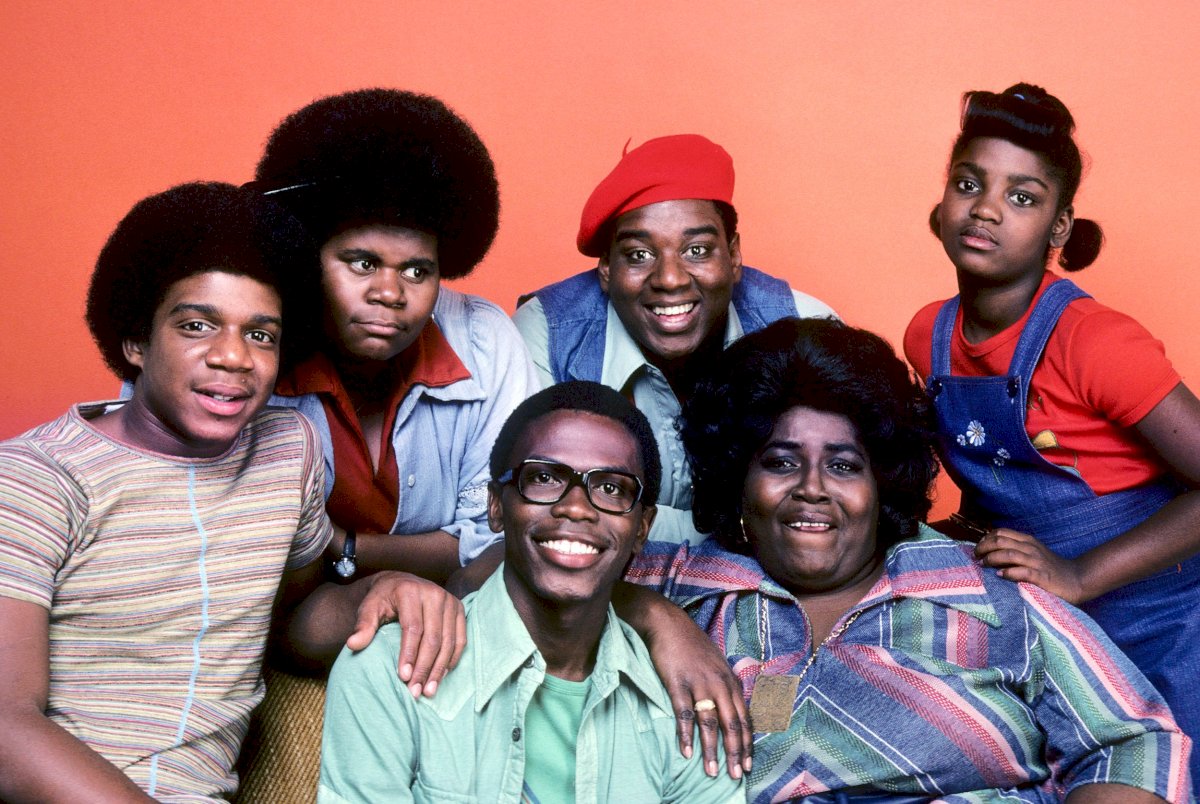In 1970s, "Maude" emerged as a groundbreaking sitcom that not only entertained audiences with its sharp humor but also challenged societal norms of the time. Created by Norman Lear and starring the incomparable Bea Arthur in the titular role, "Maude" tackled issues such as feminism, politics, and social justice in a way that was both humorous and thought-provoking.
(Watch the video below)

The Genesis of "Maude"

"Maude" was born out of the creative genius of Norman Lear, the visionary behind other groundbreaking sitcoms like "All in the Family." The character of Maude Findlay first appeared as Edith Bunker's cousin on "All in the Family," but her strong personality and the chemistry between Bea Arthur and the rest of the cast led to the creation of a spin-off series centered around her.
In 1972, "Maude" made its debut on CBS, and audiences were introduced to a character unlike any other on television. Maude Findlay, a liberal, outspoken, and independent woman in her 40s, became an instant icon. The show was a departure from the conventional sitcom format of the time, tackling relevant social issues with wit and wisdom.
Bea Arthur's Captivating Performance

Bea Arthur's portrayal of Maude Findlay is widely regarded as one of the highlights of her illustrious career. Arthur, known for her distinctive voice and commanding presence, brought Maude to life with a perfect blend of humor, vulnerability, and strength. Her performance earned her critical acclaim, including an Emmy Award for Outstanding Lead Actress in a Comedy Series in 1977.
Maude Findlay was not the typical sitcom protagonist of the era. She was a divorced, middle-aged woman who spoke her mind on issues ranging from politics to feminism. Arthur's comedic timing and ability to convey both the comedic and dramatic aspects of the character contributed significantly to the show's success.
The Unconventional Family Dynamic

"Maude" stood out not only for its titular character but also for its portrayal of an unconventional family dynamic. Maude was supported by her fourth husband, Walter Findlay, played by Bill Macy, and her divorced daughter, Carol, portrayed by Adrienne Barbeau. The interplay between the characters explored the challenges and joys of modern family life, tackling topics such as blended families and generational differences.
The inclusion of Maude's African American housekeeper, Florida Evans, played by Esther Rolle, was also groundbreaking. The show addressed racial and social issues through the lens of everyday interactions, contributing to its reputation as a sitcom with a social conscience.
Social Commentary and Progressive Themes

"Maude" was not afraid to confront controversial and taboo subjects, making it a trailblazer in the realm of socially conscious sitcoms. The show's storylines delved into hot-button topics such as women's liberation, abortion, and the Vietnam War, challenging societal norms and sparking important conversations.
One of the most memorable episodes is "Maude's Dilemma," which centers around Maude's decision to have an abortion. Airing in 1972, just a year after the Roe v. Wade Supreme Court decision, the episode was groundbreaking for its honest and empathetic portrayal of a woman making a difficult choice about her reproductive rights. The episode sparked both praise and criticism, but it undeniably contributed to a broader cultural dialogue.
"Feminism and Maude: A Pioneering Perspective"

A defining aspect of "Maude" was its unapologetic feminist perspective. Maude Findlay was a woman ahead of her time, unafraid to challenge traditional gender roles and expectations. The character's independence, career pursuits, and outspoken nature aligned with the feminist movements of the 1970s, providing viewers with a relatable and empowering figure.
In the episode "The Feminist," Maude's commitment to feminism is put to the test when her husband Walter loses his job, and she must confront the challenges of being the sole breadwinner. The episode not only addressed issues of gender equality but also highlighted the complexities of balancing career and family—a theme still relevant today.
The Impact on Popular Culture

"Maude" made a lasting impact on popular culture, influencing subsequent generations of sitcoms and paving the way for shows that were unafraid to tackle social and political issues. The success of "Maude" demonstrated that audiences were receptive to smart, socially conscious programming that addressed real-world concerns.
Bea Arthur's portrayal of Maude left an indelible mark on television, inspiring a new wave of strong, independent female characters. The show's willingness to address controversial topics and challenge societal norms contributed to a broader cultural shift, opening the door for more inclusive and diverse storytelling in the years that followed.
The Legacy of "Maude"

As "Maude" concluded its run in 1978, it left behind a legacy of progressive storytelling and bold social commentary. The show's impact was felt not only in the realm of television but also in the broader cultural conversation. "Maude" proved that sitcoms could be a powerful platform for addressing societal issues and that laughter could be a catalyst for meaningful change.
Bea Arthur's portrayal of Maude Findlay remains an iconic representation of a woman who defied conventions and spoke her truth. The show's legacy extends beyond its time on the air, influencing subsequent generations of television creators and leaving an enduring imprint on the landscape of American sitcoms.
Conclusion

"Maude" stands as a testament to the transformative power of television when it dares to challenge the status quo. Norman Lear's creation, fueled by Bea Arthur's exceptional performance, broke new ground by addressing social and political issues in a comedic format. The show's impact on feminism, family dynamics, and cultural dialogue reverberates through the years, solidifying its place as a trailblazing sitcom that not only entertained but also enlightened audiences. As we reflect on the legacy of "Maude," we celebrate its boldness, its humor, and its enduring relevance in the ever-evolving landscape of television.



